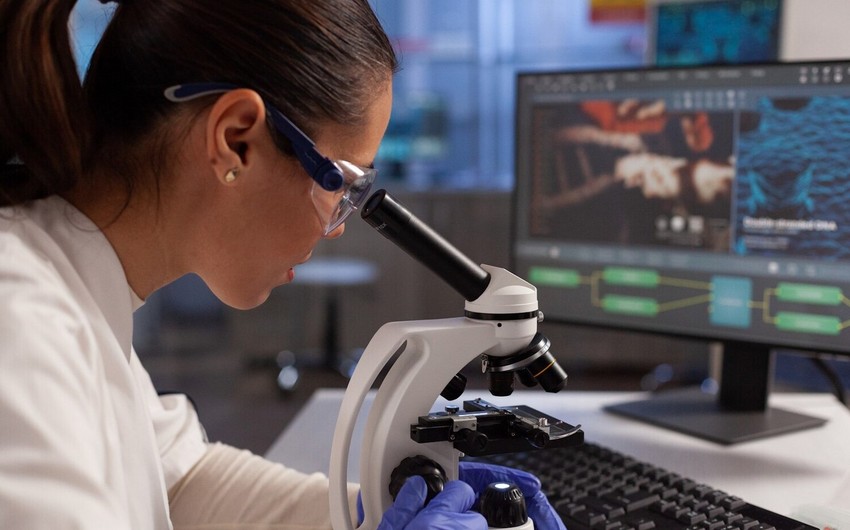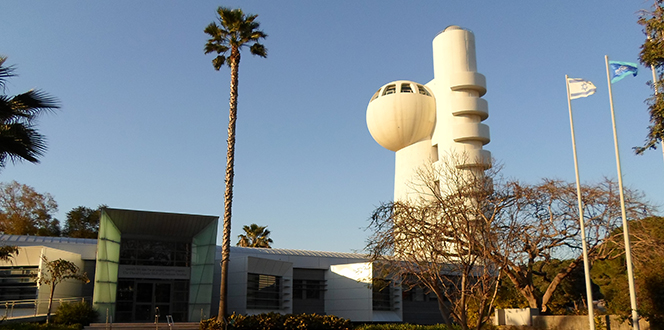Scientists from the University of Fukui (Japan) have discovered that a special protein called Sfrp1, produced by blood vessels, is associated with drug resistance in cancer, according to the study published in the journal In Vitro Cellular & Developmental Biology (IVCDB), Report informs.
Their findings clarify the elusive role of this factor, which could pave the way for new treatments targeting vascular endothelial cells that nourish CSCs in drug-resistant cancers.
Cancer is one of the leading causes of death worldwide. One of the main reasons why cancer is such a deadly disease is the ability of cancer cells to become resistant to drugs. After decades of medical research, scientists discovered that malignant tumors often harbor a special population of cells called cancer stem cells (CSCs). Like normal stem cells, CSCs can self-renew and differentiate into different cell types within a tumor, playing an important role not only in tumor growth and metastasis but also in the development of drug resistance.
Unfortunately, developing therapies that directly target CSCs has proven to be quite challenging given their ability to adapt and repopulate. Therefore, some researchers have turned their attention to the blood vessels in the tumor tissue. In recent years, researchers have discovered that certain subpopulations of endothelial cells (cells that line blood vessels) secrete angiocrine factors, which regulate the proliferation and maturation of stem cells. Understanding which cells produce these factors and their functions in the tumor microenvironment could in turn lead to new cancer therapies.
Against this backdrop, a research team from Japan, including Professor Hiroyasu Kidoya and Dr. Yumiko Hayashi of the Department of Integrative Vascular Biology of the Faculty of Medical Sciences of Fukui University, investigated secreted frizzled-related protein 1 (Sfrp1) – an angiocrine factor – to clarify its role in tumor tissues. Their findings were published online on April 16, 2024 in the journal In Vitro Cellular & Developmental Biology – Animal.
Overall, the new knowledge provided by this work could pave the way for the development of new cancer therapies that target mechanisms that help maintain CSCs.















